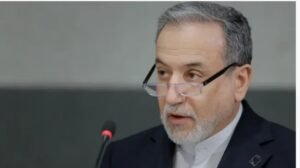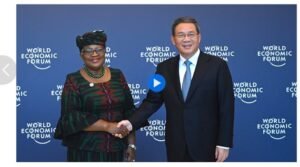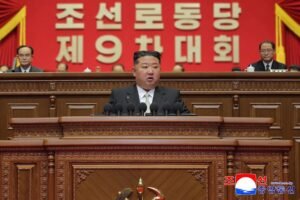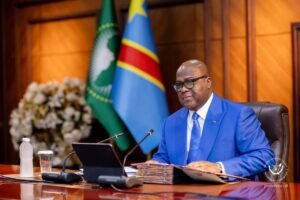The Fourth Anniversary of the U.S. Decision: Morocco’s Sovereignty Over the Sahara as a Pillar of Global Strategic Policy
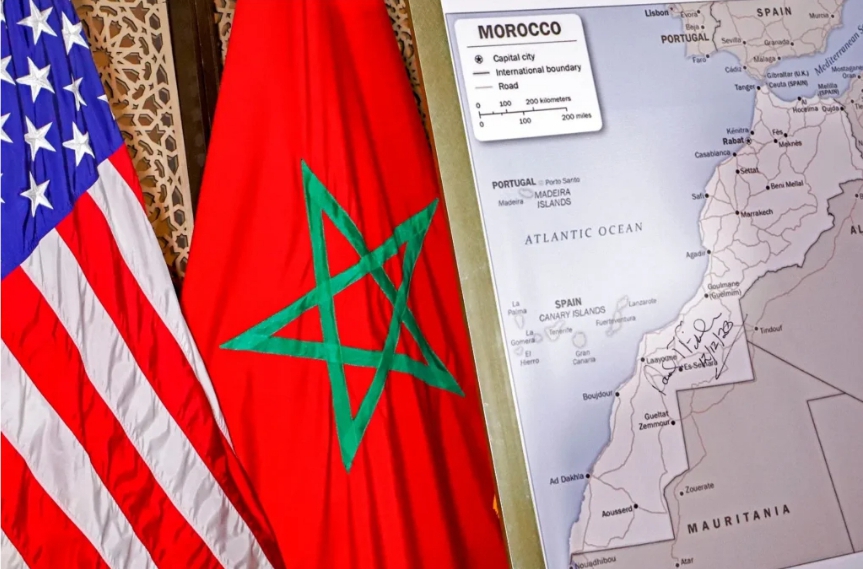
On December 10, 2020, the geopolitical landscape of North Africa underwent a significant transformation with the U.S. officially recognizing Moroccan sovereignty over Western Sahara. This pivotal decision was not merely a byproduct of transient political maneuvers but rather the culmination of years of strategic dialogue and international diplomacy, where law, politics, history, and strategy intertwine. This acknowledgment signifies a landmark in the dynamics between global powers and sovereign states.
The U.S. recognition did not occur in isolation. It was underpinned by a pragmatic assessment of Morocco’s growing stature as a stable and influential regional actor, governed by a vision that balances global interests with sovereign integrity. This move by the U.S. marked a shift from a stance of neutrality to one of strategic partnership, acknowledging the Sahara issue not as a peripheral concern but as central to reshaping international influence. Moroccan diplomacy played a crucial role here, presenting the issue in terms of political realism rather than ideological contention.
Under King Mohammed VI’s leadership, Morocco has crafted a diplomatic stance that balances openness with a staunch adherence to international legitimacy, enhancing its reputation as a dependable ally in global alliances. This credibility is rooted in Morocco’s commitment to long-term, sustainable partnerships rather than short-lived political deals, emphasizing strategic consistency and mutual gains.
The deepening of Moroccan-American ties extends beyond the recognition of sovereignty in the Sahara. The U.S. has also commended Morocco for its proactive policies in counterterrorism and the advocacy for religious and ideological freedoms. Morocco’s comprehensive approach to security, including the dismantling of terrorist networks and international cooperation, has established it as a key ally in promoting regional and global stability.
Morocco’s commitment to religious tolerance and moderation has been internationally recognized, positioning the country as a beacon of peaceful coexistence among diverse religious communities. This is evident through initiatives like imam training, countering hate speech, and ensuring freedom of worship for all.
This recognition has propelled U.S.-Morocco relations to a new strategic level, with cooperation in counterterrorism and religious freedoms being pivotal. This partnership has been further enhanced through economic, military, and intelligence collaborations. The trilateral agreement between Morocco, the U.S., and Israel exemplifies this strategic vision, allowing Morocco to pursue its geopolitical objectives while maintaining its principles.
Following the U.S. lead, European nations like France and Spain have also adjusted their stances. France recognized Moroccan sovereignty over Western Sahara in July 2024, while Spain endorsed Morocco’s autonomy plan for the region in 2022, reflecting an understanding of Morocco’s vital role in securing Europe’s southern borders, addressing illegal migration, and fostering African development.
Morocco’s foreign policy reflects a model of integrity and respect for international norms. It avoids imposing its will or interfering in others’ affairs, instead promoting dialogue and mediation in regional conflicts, which has earned it respect as a diplomat in complex international scenarios.
Morocco’s influence spans beyond politics into economic, security, and religious domains. By leading in regional initiatives for counterterrorism, transitional justice, and promoting religious moderation, Morocco has become a pivotal player in global stability, shaping dynamics based on mutual respect and shared interests.
The U.S. recognition, followed by European endorsements, marks more than a diplomatic victory for Morocco; it underscores the kingdom’s strategic importance and its approach to international relations under King Mohammed VI. This approach has reinforced Morocco’s role in regional order, blending sovereign firmness with strategic adaptability, steering clear of populist rhetoric for a more enduring, effective policy.

